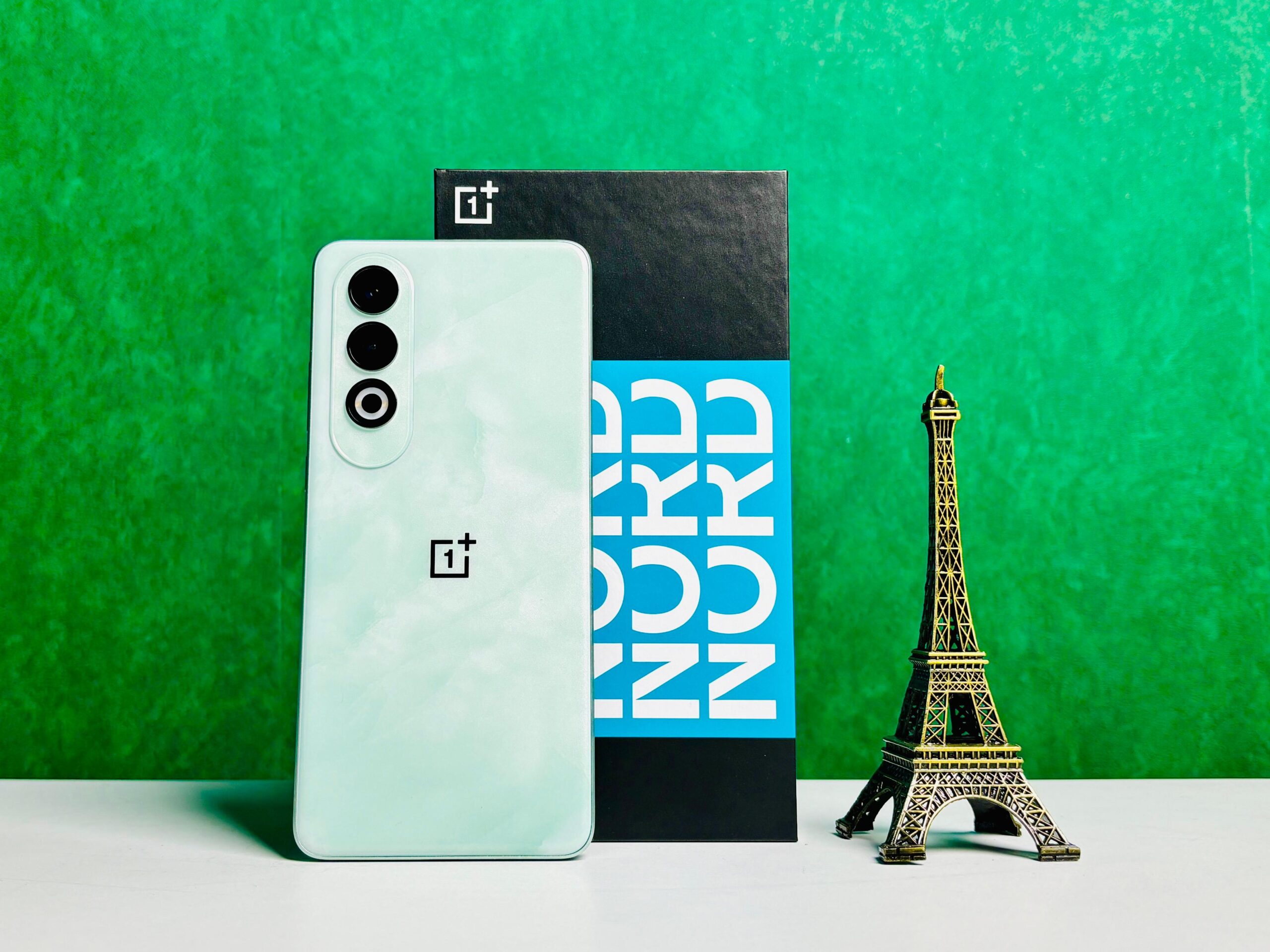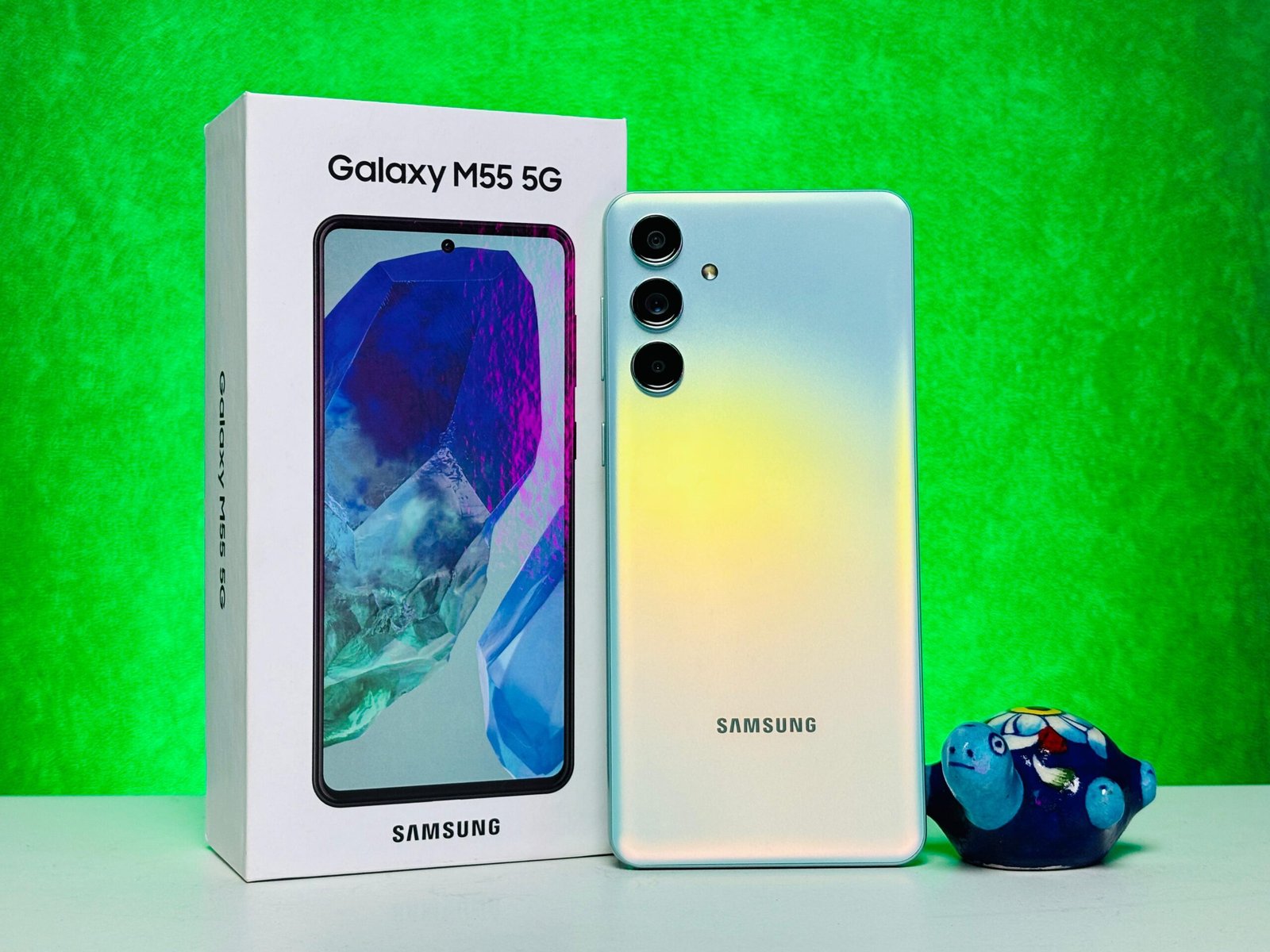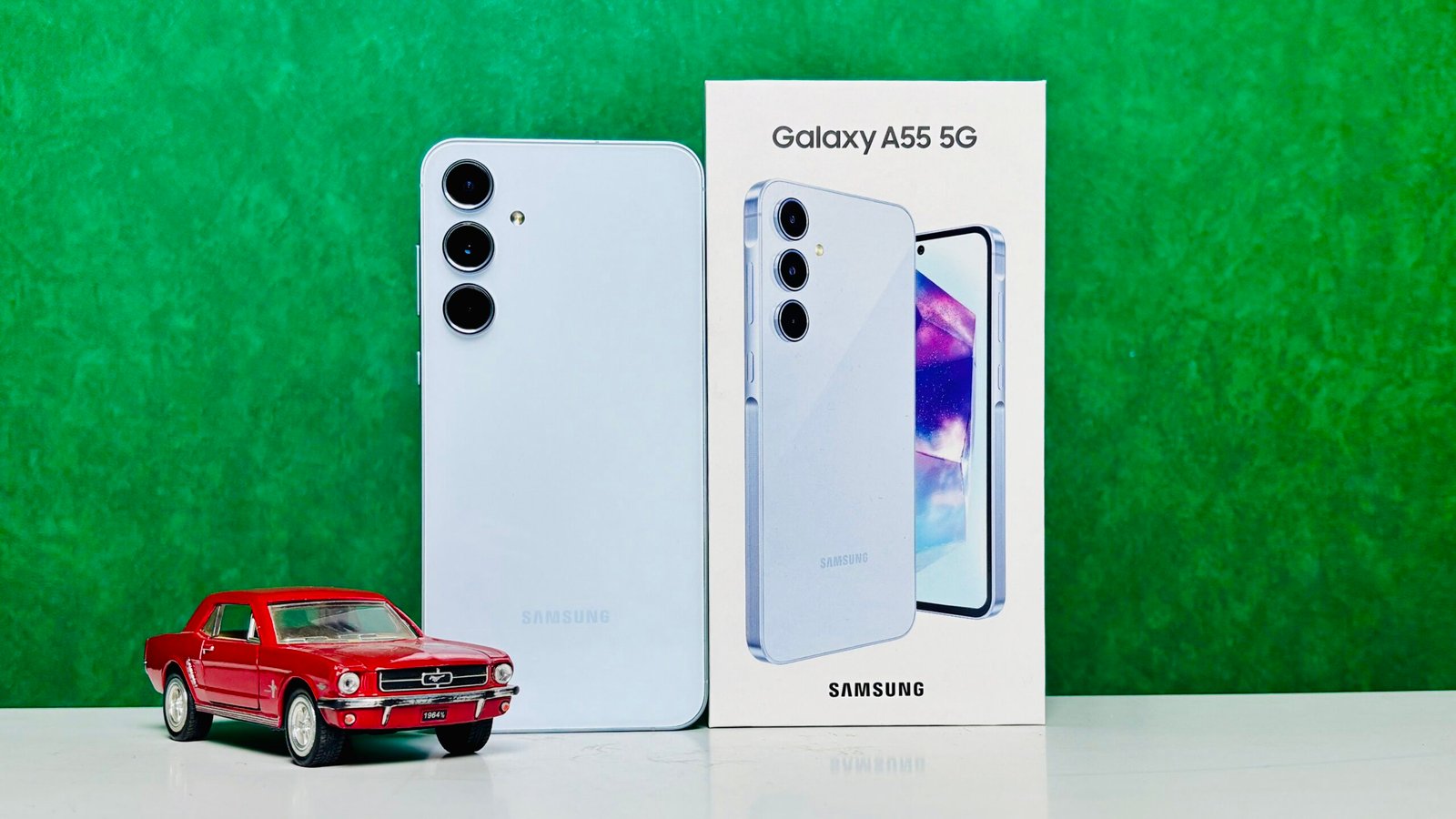Google‘s senior vice president has publicly acknowledged shortcomings in the Gemini AI’s historical image generation capabilities, promising concerted efforts to enhance its accuracy. The admission comes amid criticism of the AI’s tendency to produce historically inaccurate depictions, particularly concerning skin tones and nationalities. This commitment to improvement underscores Google’s dedication to responsible AI development.
Key Highlights:
- Gemini AI‘s image generation of historical figures has been criticized for inaccuracies.
- The AI has sometimes produced images that do not align with historical accuracies regarding skin tones and nationalities.
- Google has committed to addressing these issues, emphasizing the importance of diversity while acknowledging the need for accuracy.
- Gemini 1.5, the next-generation AI model, promises enhanced performance and understanding across various modalities.

Introduction to Gemini
Gemini, Google’s most advanced AI model to date, has been at the forefront of image generation, offering state-of-the-art performance across a variety of tasks. It represents Google’s ambitious efforts in making AI helpful for everyone, underpinned by the company’s principles of responsible AI development. Despite its advancements, the AI’s image generation feature, particularly regarding historical figures, has faced scrutiny for inaccuracies.
The Challenge of Historical Accuracy
The issue came to light following social media posts highlighting the AI’s tendency to generate images of historical figures with inaccuracies in skin tones and nationalities. Google’s response, via a statement on Twitter, admitted that the AI’s image generation was “missing the mark” on historical depictions, signaling a gap between its technological capabilities and the nuanced understanding required for accurate historical representation.
Google’s Commitment to Improvement
In response to the feedback, Google has pledged to refine Gemini’s algorithms to improve historical accuracy in image generation. This involves enhancing the AI’s understanding of historical contexts and diversities, balancing the representation of diversity with the need for historical fidelity. The move reflects Google’s broader commitment to ethical AI development, prioritizing accuracy and responsible representation in its generative models.
Gemini 1.5: A Step Forward
Amidst the controversy, Google has introduced Gemini 1.5, the next iteration of its AI model, promising dramatic improvements in performance and understanding. This new version aims to address some of the concerns raised with its predecessor by offering a breakthrough in long-context understanding, which could potentially improve the AI’s grasp of historical nuances.
The Future of AI in Education and Research
As Google works on refining Gemini’s capabilities, the potential applications of accurate historical image generation in education and research become increasingly significant. By providing more precise visual representations of historical figures and events, Gemini could become an invaluable tool for educators, students, and researchers. This opens up new possibilities for interactive learning experiences and enhances the accessibility of historical knowledge, making it more engaging and relatable.
Conclusion
Google’s acknowledgment of Gemini’s flaws in historical image generation and its commitment to making improvements is a testament to the challenges and responsibilities inherent in AI development. As AI continues to evolve, the balance between technological innovation and ethical considerations remains paramount. Google’s efforts to refine Gemini underscore the ongoing journey towards more accurate, responsible, and inclusive AI technologies.
























Add Comment